The piercing note of a shofar – a ram’s horn used in Jewish religious ceremonies – cuts through the mountain air of the Galilee. Here in northern Israel, shepherdess Jenna Lewinsky is raising a flock of “Jacob Sheep” as a religious calling. With anything up to six horns on each animal, the breed is ideally suited for the manufacture of the horn traditionally blown during the Jewish New Year and the Day of Atonement, the holiest day in the Jewish calendar.
According to the Hebrew Bible horns of animals like these have been used as ritual trumpets for thousands of years. It is a commandment to sound a shofar and hear its piercing sound at least once per year (Lev 23:24, Num 29:1).
And Greek New Testament features several passages that mention sounding such simple instruments as well. (1 Cor 15:52, Col 2:15-17, Rev 8:6). Termed by some the “biblical trumpet” shofars are often a favorite souvenir for many who visit Israel. But shofars from “Jacob Sheep” are quite different and rare.
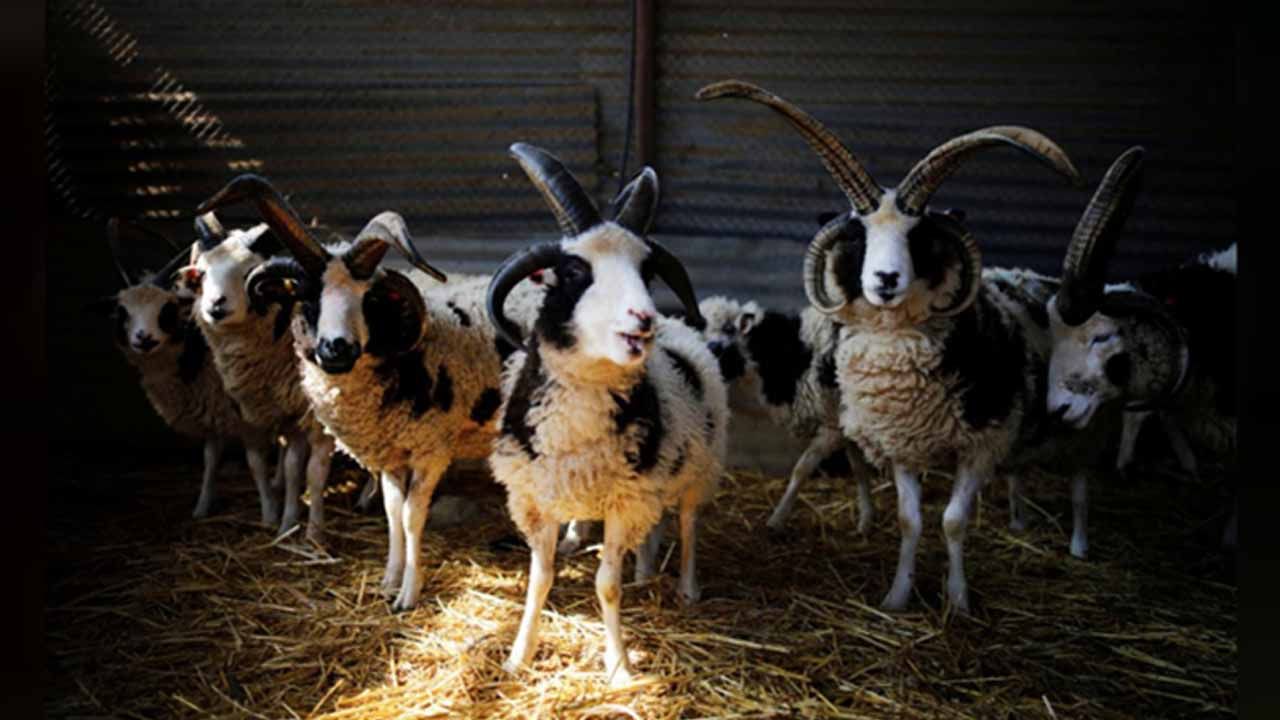
The spotted breed of “Jacob Sheep” was bred in England in the 17th and 18th centuries, and this flock was brought to Israel from Canada by Lewinsky in 2016. But sheep have been recorded since antiquity across the Middle East, and the modern breed’s name echoes the ancient Biblical story from Genesis in which the patriarch Jacob took “every speckled and spotted sheep” as wages from his father-in-law, Laban.
Turning her flock’s horns into shofars is part of God’s plan, says Lewinsky, who calls herself a “traditional and God-fearing Jew.” “The Jacob Sheep horns can probably be processed anywhere in the world but what makes the horns special is that we are processing them in Israel, which gives them a holiness,” she said.
Robert Weinger, a shofar-maker who works with the horns from Lewinsky’s farm, said that a ram’s horn made from the breed can sell for $500 to $20,000 or more, depending on its sound quality, as it produces a wider range of musical notes than other shofars do.
Original Source: Reuters




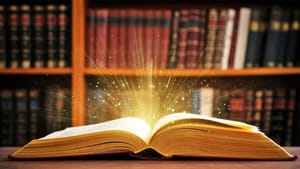



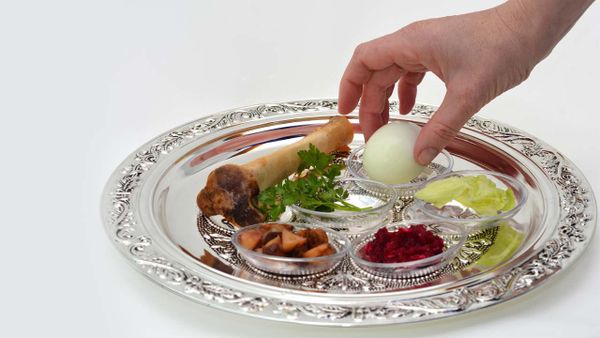
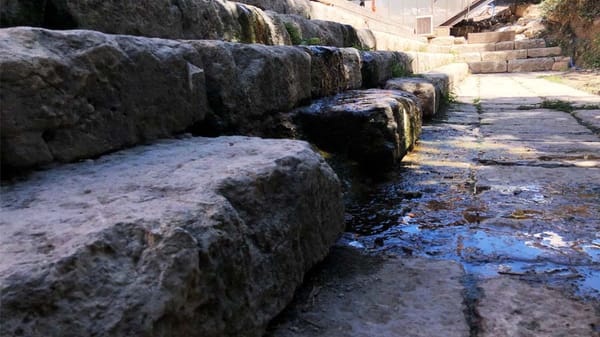

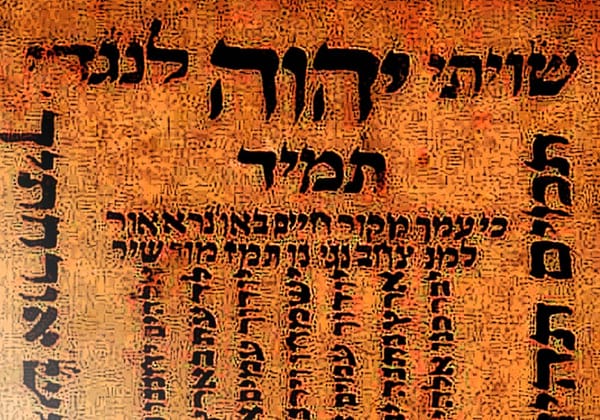
Member discussion